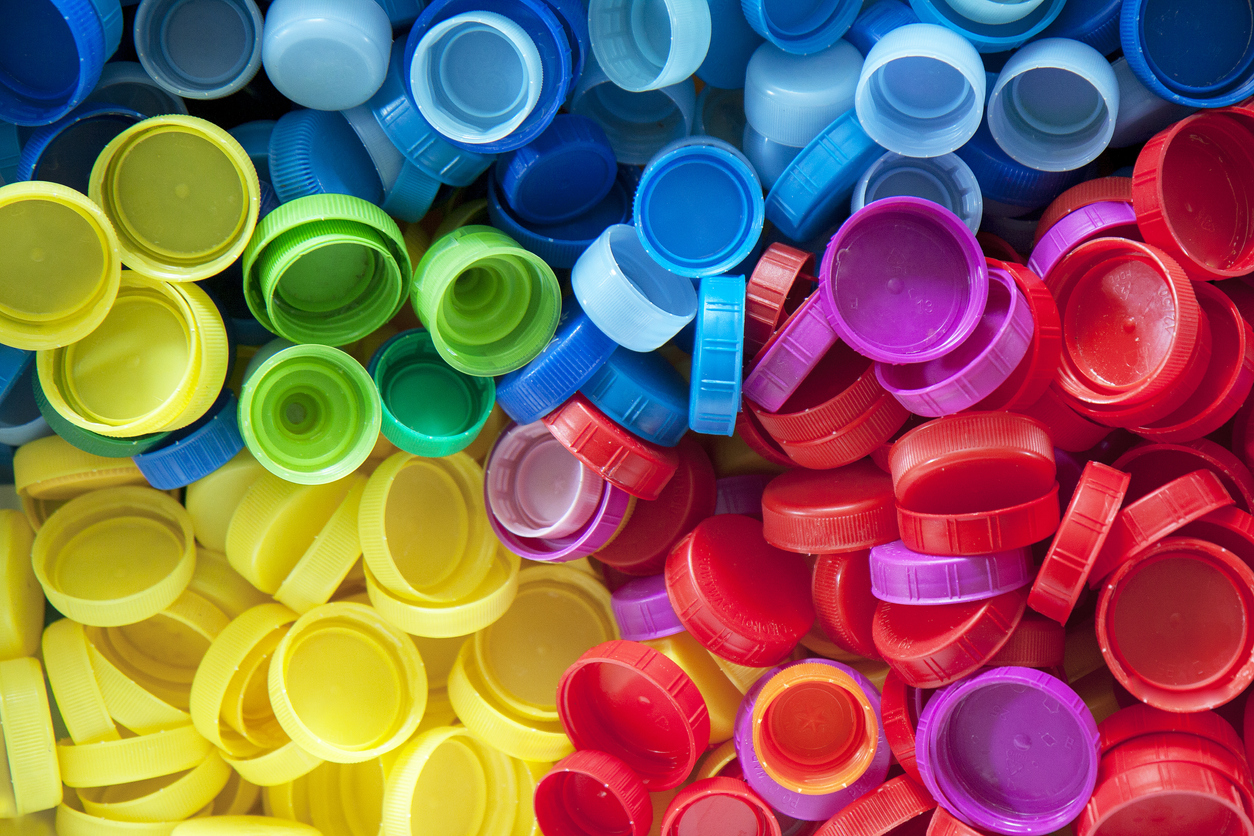How to buy and export Plastic Lids from Kenya
How to Buy and Export Plastic Lids from Kenya.
If you’re looking to reduce your environmental impact, buying and exporting plastic lids is a great way to do it. Plastic lids are made from five types of plastic: polypropylene, polyethylene, nylon, dextrino, and polycarbonate. Each plastic has its own unique environmental benefits and drawbacks.
When you buy or export plastic lids from Kenya, be sure to consider the following:
-The cost of exported lids
-The amount of plastic used in each lid
-The country of origin
-The sustainable practices needed for the exported lid.
What are the benefits of buying and exporting plastic lids?
Buying and exporting plastic lids is a great way to reduce your environmental impact. Plastic lids are made from five types of plastic: polypropylene, polyethylene, nylon, dextrino, and polycarbonate. Each has its own unique environmental benefits and drawbacks.
You can buy and export plastic lids for a variety of reasons such as cost savings or increased market share in the United States. Buying lids in Kenya will help ensure that the country’s economy remains strong while meeting growing demand for exports. In this instance, you’re helping the Kenyan people while also reducing your own carbon footprint.
How much plastic is used in each lid?
In order to make a plastic lid, polypropylene is used as the inner ring and polyethylene is used as the outer ring. The rest of the plastic used in a lid is mixed together and then layered between these two rings.
Each polypropylene layer has a thickness of 0.5 mil or 5 microns, which is one-tenth of an inch thick. This means that each individual layer can be around 100 microns or 0.1 millimeters thick (one-thousandth of an inch).
If you’re looking to reduce your environmental impact by buying reusable lids from Kenya, this would be ideal. If you buy lids from Kenya that are made with resourceful plastics like nylon or dextrino, it’s not ideal because there are additional materials that need to be processed for each lid.
Since lids can vary in price depending on their size, it’s important to know how much material is involved in each lid before you buy it so you know what you’re getting for your money.
The cost of exported lids
The cost of exported lids is one of the most important factors to consider. The more expensive it is to produce a lid, the less likely it will be that your business will want to buy it.
One way to reduce the cost of lids is to reuse them, which can help offset the expense of new ones. For example, if you have a restaurant and you’re looking for inexpensive ways to decorate your tables, buy cheap lids from Kenya and put them on top of napkins. When customers take off their utensils, they’ll see your logo on the plates and be reminded who supplied them!
How many countries are involved in the export process?
When examining the environmental benefits and drawbacks of importing a lid, it’s important to consider how many countries are involved in the export process.
The amount of time it takes to import a lid can also have an impact on your environmental footprint. A lid that is imported from China will have a shorter transit time than one that comes from the US.
It’s crucial to think about what kind of environmental impact each country has in order to make sure you’re choosing the best option for you.
What are the sustainable practices needed for the exported lid?
Kenya is a country that may be considered to be more environmentally friendly than other countries. However, they still need to improve the sustainability of the exported lid. More specifically, they need to decrease the amount of plastic used in their lids and increase the quality of their recycled materials.
If you’re buying or exporting Kenyan lids, be sure to consider these key points:
-The cost of exported lids
-The amount of plastic used in each lid
-The country of origin
-The sustainable practices needed for the exported lid.








LEAVE A COMMENT
You must be logged in to post a comment.